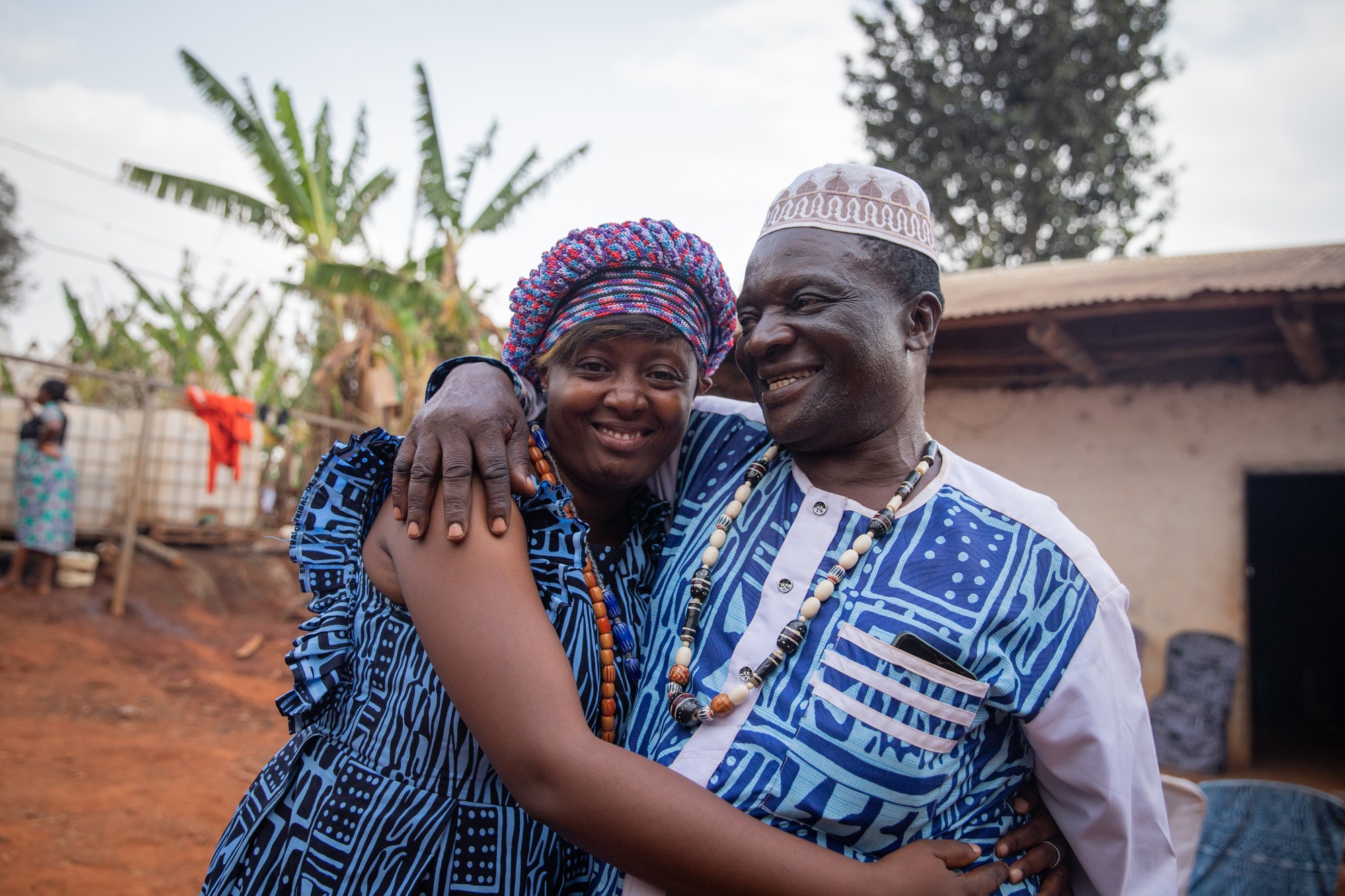Love, in its varied and diverse forms, plays an especially crucial role in the mental well-being of the Black and Brown communities. As a potent and transformative emotional experience, love can be an anchor, providing stability during systemic turbulence and acting as a source of joy and comfort in daily life.
The power of love transcends beyond emotional gratification. It can undeniably uplift the mood, acting as a natural antidote to feelings of sadness and despair, which may arise from the unique stresses these communities face. The experience of love infuses our lives with positivity and optimism.
Furthermore, love plays a significant role in stress reduction. In today’s fast-paced world, where stress and adversity often disproportionately affect the Black and Brown communities, love can serve as a sanctuary, a haven to find peace and calm. Love can soothe our minds, easing the burden of stress and anxiety.
Love also instills a profound sense of belonging and attachment. It fosters a strong sense of connection, helping us to feel anchored and secure within our communities. This sense of belonging can be incredibly therapeutic, combating feelings of loneliness and isolation that often accompany the challenges of modern life.
When we experience the sensation of love, our brain responds in a way that further enhances our feelings of happiness and contentment. Our brain releases a concoction of feel-good hormones, primarily oxytocin and dopamine. These hormones surge through us, creating happiness, peace, and tranquility. This hormonal reaction is one of the fundamental reasons why love potently impacts our emotional well-being.
This physiological response, coupled with the emotional benefits of love, profoundly impacts our mental well-being. The experience of love, therefore, is not just a fleeting emotional state but a vital component of our mental health, contributing to our overall sense of happiness and fulfillment within the Black and Brown communities.

